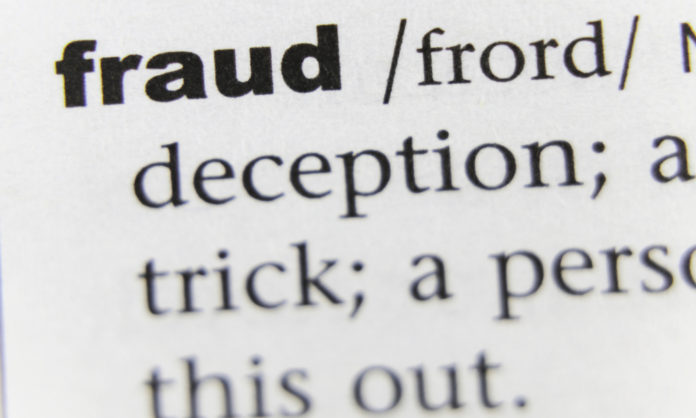The plaintiff’s request that the court amend its earlier decision granting summary judgment to the defendant is denied, where the plaintiff could not use allegations of post-award misconduct to argue that the defendant fraudulently induced the government to enter into the agreement.
Plaintiff-Relator Eric Fields moved the court for an altered or amended judgment of its previous order granting summary judgment to the defendant in his False Claims Act case.
A former employee of Bi-State, Fields claimed that the entity’s former CEO directed employees to engage in partisan campaigns and instituted a “pay to play” scheme in violation of the Hatch Act. Fields also alleged Bi-State violated the Uniform Relocation Act by purchasing interest in the Meridian Parking Garage without appraising the property first. Arising from these underlying allegations, Fields alleged Bi-State violated the FCA by submitting false claims by falsely certifying compliance with federal law in order to receive federal public transit funds from the Department of Transportation and Federal Transit Administration.
The court previously granted Bi-State’s motion for summary judgment, finding that Fields had not provided evidence about the existence or timing of the Hatch Act or Uniform Relocation Act violations. In his motion for an amended judgment, Fields argued the court failed to apply the fraud in the inducement liability and that he had provided evidence of the underlying violations.
The court rejected the motion to for an altered judgment. The court explained that fraud in the inducement applies when a contract is induced by fraud and later claims for payment are submitted under the same contract. In this case, the court found Fields had presented no facts demonstrating that Bi-State had received the underlying federal grants by fraud.
Fields also argued Bi-State violated the “Standard Assurances and Penalties” clauses contained in certain certifications and assurances, which generally state that the defendant must comply with the terms and conditions of its grants and established a potential penalty for any false claims. However, the court held that these clauses cannot expand FCA liability beyond the plain meaning of the statute. The court affirmed its earlier finding that a violation that occurred after the award of a grant could not serve as evidence the grantee fraudulently induced the government to award the funds.
The court also rejected Fields’ complaint that it ignored evidence in the record and that the court had limited discovery. The court noted the parties had 18 months to conduct discovery. The court also noted that it had granted two motions to compel and did not limit the number of depositions Fields could take of Bi-State witnesses or deny other discovery. To the extent Fields argued he had personal knowledge of Hatch Act violations, the court found no evidence Fields had been coerced by Bi-State to solicit campaign contributions. Further, Fields did not demonstrate any personal knowledge of the other evidence he offered in support of the alleged Hatch Act violations. Instead, his evidence consisted of a self-serving affidavit that merely repeated the allegations in the suit. The court found a simple recitation of allegations fell far below the standard for a dispute of material fact.





